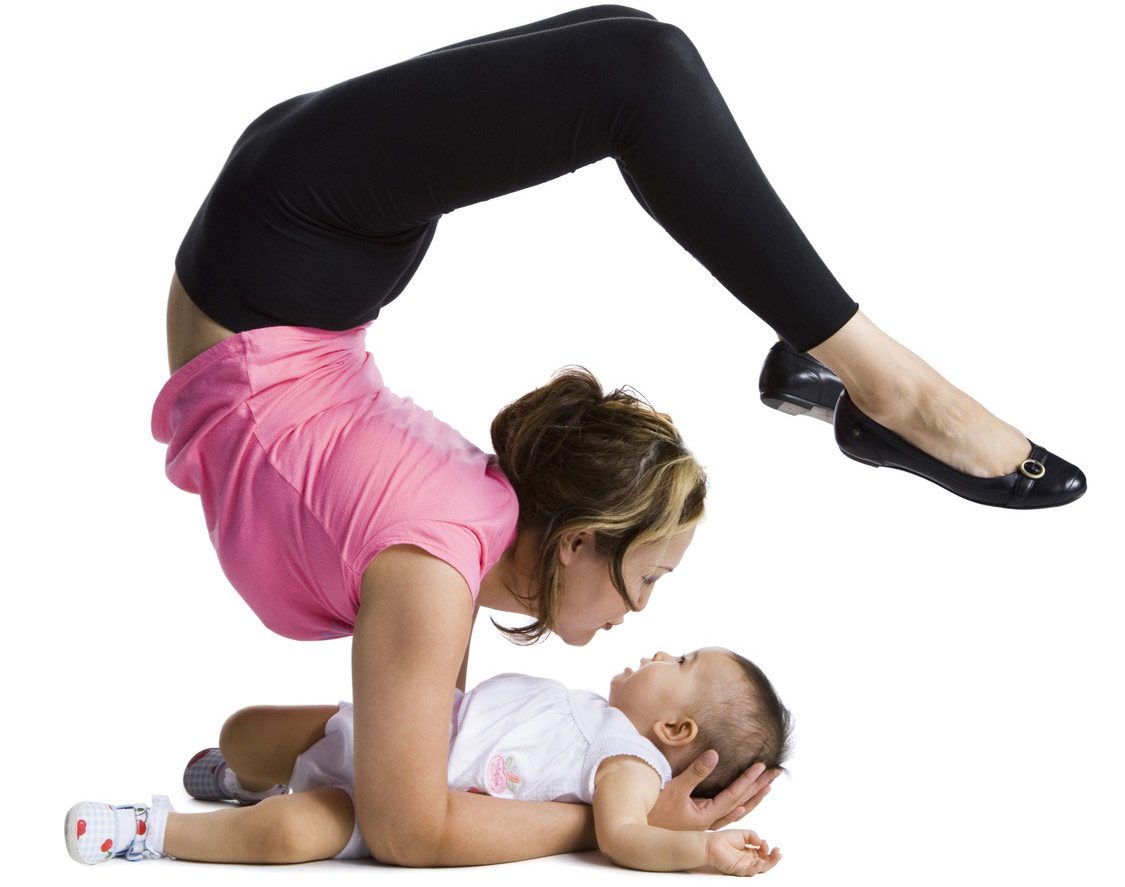Recovering from Childbirth

While you attend to your new baby’s needs, don’t forget your own. You will go through emotional and physical changes. Here's how to take care of yourself.
Labor earned its name for a reason. Delivering a baby into the world is hard work. It takes a toll on your body. If you had a C-section, you’ll also have to heal from surgery.
While you attend to your new baby’s needs, don’t forget your own. Here’s a guide to some of the physical and emotional changes you can expect to go through as you recover from childbirth and how to ensure you get the rest and care you need during these next few weeks.
YOU MIGHT ALSO LIKE: Caring for Yourself after Giving Birth
Physical changes to expect
Your body is going through a lot of transitions right now, as it returns to its pre-pregnancy state. One of the most obvious changes is weight loss. You shed about 10 pounds during delivery. The rest of your baby weight will come off gradually over the next few weeks and months. Now is not the time to go on a radical diet. You need to eat healthy, well-balanced meals to maintain your strength and nurse your baby.
In the first few days after you deliver, you’ll likely have some pain. If you’re breastfeeding, ask your doctor which pain reliever is safest. Your doctor might have prescribed a combination of acetaminophen and codeine (Percocet), but a review of studies finds over-the-counter Tylenol can often provide enough relief from postpartum pain.
For the first few weeks after you deliver, you’ll notice a vaginal discharge that looks like a menstrual period. This is called lochia, and it’s made up of tissue and blood your uterus is shedding. The flow will be red at first, but it should gradually turn pink, then brown, and then clear. You’ll need to wear a pad until the flow stops. Avoid tampons, which can increase your infection risk. Call your doctor if the discharge gets heavier, smells bad, or you notice large clots.
Many new moms are constipated, which can make bowel movements painful, especially if you have stitches. To relieve constipation, increase the amount of fruits, vegetables, and whole grains in your diet. Also drink more water. If the constipation doesn’t ease up, ask your doctor whether you can take a gentle laxative.
YOU MIGHT ALSO LIKE: Breastfeeding Tips for New Moms
Emotional changes
As your hormone levels shift following pregnancy, they can affect your emotions. In the first few weeks after your baby is born, your reactions might be stronger than normal. Crying because you can’t get a diaper straight or your tea isn’t hot enough could be a sign of the baby blues. You should start feeling like your old self within a couple of weeks. Sadness continues that continues or gets worse could be a more serious form of depression.
About one in seven women experience postpartum depression. If you feel persistently sad or like you’ve lost your joy for life, it’s important to see your primary care provider or a mental health practitioner for a diagnosis. Treatments such as lifestyle changes, therapy, and medication can help.
Seeing your doctor
Your obstetrician will recommend that you schedule a postpartum visit about six weeks after you deliver. This important visit lets your doctor see how your recovery is going and identify any issues that need treatment, yet research finds more than half of women skip it.
“Women need to understand the importance of a six-week visit to the obstetrician — not only to address concerns and healing after delivery but also to follow up on possible future health risks, review the pregnancy, and make the transition to primary care,” says Wendy Bennett, MD, assistant professor of medicine at Johns Hopkins.
The postpartum visit is even more critical if you had pregnancy complications such as gestational diabetes or high blood pressure (preeclampsia).
Don’t overdo it
Well-meaning family and friends might have told you to “sleep while the baby sleeps.” While that might not always be realistic, you do need rest right now to help your body recover, and to make up for the sleep you’re losing during middle-of-the-night feedings.
Accept help whenever it’s offered so you can sneak in naps. Don’t try to do too much. Work and house cleaning can wait until you feel better and your baby is sleeping through the night.
Don’t rush back into your old activities. Give your body time to heal. Check with your doctor to find out when it’s safe for you to start driving, working, exercising, and having sex again.
Updated:
August 31, 2023
Reviewed By:
Janet O’Dell, RN